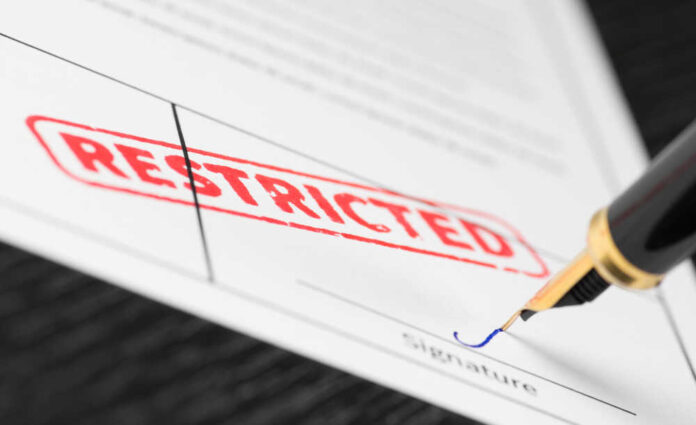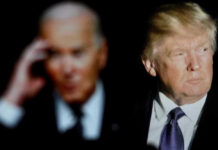
In a major blow to foreign visitors, the Trump administration has finally cracked down on Nigerian visa overstays, as Nigerians are now restricted to a new three-month limit.
The U.S. Diplomatic Mission announced drastic changes, restricting Nigerians to single-entry visas valid for only 90 days, a huge departure from previous policies that allowed longer stays.
This tough new stance strengthens the borders while sending a clear message about respecting American immigration laws.
The embassy in Abuja confirmed that, effective immediately, most non-immigrant and non-diplomatic visas for Nigerian nationals will be limited to single entry with a validity of just three months.
This policy shift affects thousands of Nigerian travelers who previously enjoyed longer stays and multiple entries into the United States.
Only visas issued before July 8, 2025, will remain valid under their original terms and conditions.
The change aligns with President Trump’s broader strategy to protect America’s borders and enhance national security.
Similar restrictions have already been implemented for several other African nations, with some countries, such as Chad and Libya, facing complete travel bans due to security concerns.
These measures represent the administration’s commitment to prioritizing American safety over continued failed open-border policies.
At the same time, this decisive action addresses a persistent problem with visa overstays from Nigeria.
By reducing visa validity periods and implementing single-entry restrictions, immigration officials can better monitor traveler movements and prevent individuals from remaining in the country illegally.
The policy reinforces the expectation that foreign visitors must respect the immigration laws and return to their countries when required.
The US Diplomatic Mission stated:
“We continue to engage with Nigerian government officials to address the remaining challenges. Nigerian travellers are encouraged to comply with visa conditions and ensure their travel documents are authentic, accurate, and current.”
While Nigeria has yet to issue an official response to these new restrictions, its foreign minister previously warned that such measures could impact trade relations, especially regarding rare earth minerals and energy deals with West Africa.
Furthermore, security experts praised the move as essential for maintaining the integrity of America’s immigration system.
The focus on secure travel documentation, proper identity verification, and information sharing with foreign governments strengthens the ability to prevent potential threats from entering the country.
This common-sense approach prioritizes American safety while still allowing legitimate travelers to visit under more controlled conditions.
Some countries have retaliated against similar U.S. policies, with Chad suspending visa issuance for American citizens.
Nevertheless, these reactions only highlight the importance of standing firm on immigration enforcement rather than caving to international pressure.
The U.S. government maintains that it is still committed to fostering ties with Nigeria through business, education, and cultural exchanges, provided that proper vetting and security protocols are in place.
For patriotic Americans concerned about border security, this policy change represents a welcome shift back to immigration enforcement based on national interests rather than globalist ideology.
As Nigeria considers its next move, the U.S. stands firm on its policies, anticipating that such measures will bolster national security and ensure the proper vetting of travelers.



















